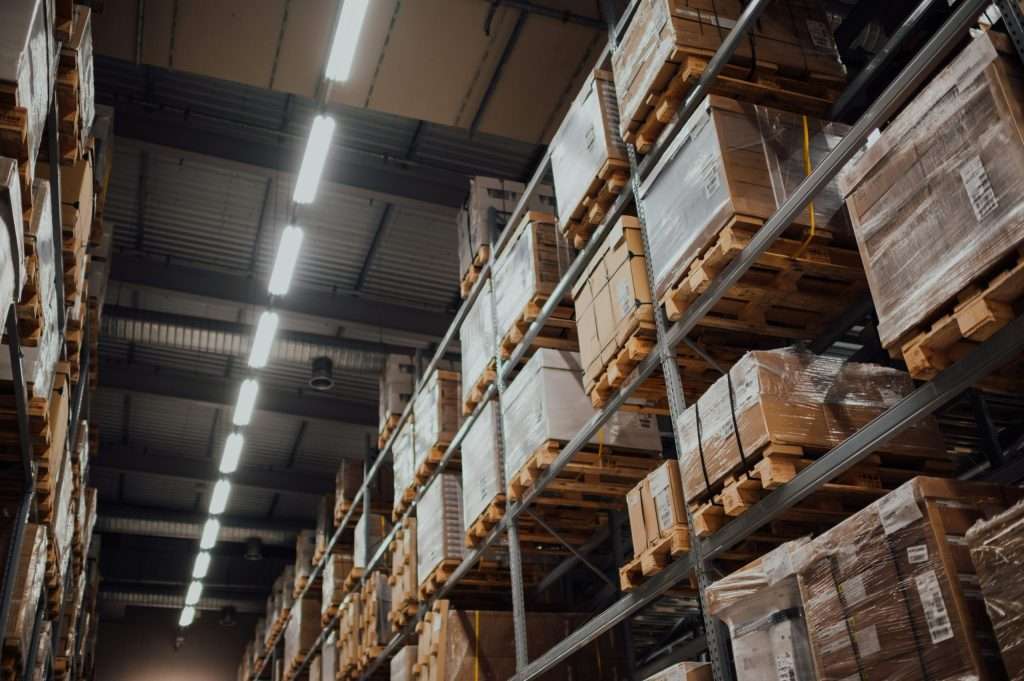In a strategic pivot, Airhouse has executed significant layoffs and transitioned its clientele to direct collaboration with third-party logistics providers, following a collapsed funding round.
Operational Restructuring
Airhouse, a fulfillment service provider, has undergone a substantial workforce reduction and has shifted its customer base to work directly with its third-party logistics (3PL) partners. This move came after a critical funding round failed to materialize, as disclosed by CEO Kevin Gibbon. The exact number of employees affected by the layoffs, which took place on April 12, has not been disclosed. The downsizing resulted in Airhouse’s inability to maintain support for its entire customer roster.
Customer Transition Challenges
The company ceased forwarding orders to its 3PL partners‘ warehouse management systems, initiating the customer transition process. Despite efforts to facilitate a smooth transition by continuing to push orders without fees, the complexity of Airhouse’s background operations has led to difficulties for some clients. Bask Suncare, for instance, faced a backlog of unfulfilled orders, prompting an urgent search for a new fulfillment partner. Discrepancies have arisen between Airhouse’s communicated transition timelines and customer accounts of the notice period provided.
Background and Outlook
Founded in 2020 by Kevin Gibbon, following the closure of his previous shipping venture Shyp in 2018, Airhouse has aimed to streamline e-commerce logistics for brands. The company experienced rapid growth initially, with a notable $11 million funding round in March 2022, which included contributions from Flexport and Easypost. Plans for expanding the team, enhancing features, and growing the partner network were outlined, with ambitions for global reach.
However, the recent layoffs and customer transitions have cast uncertainty on Airhouse’s operational model and future prospects. Industry experts suggest that the reliance on 3PL partnerships is challenging to sustain, particularly in a funding environment that has grown more conservative. The 3PL sector’s low-margin nature compounds the difficulty for a fourth-party logistics (4PL) provider like Airhouse to generate profits while positioned as an intermediary layer.







